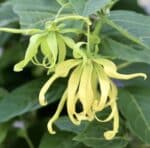
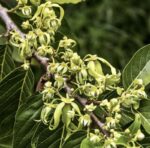
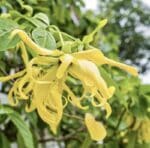
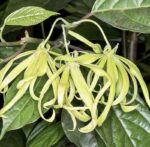
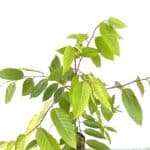
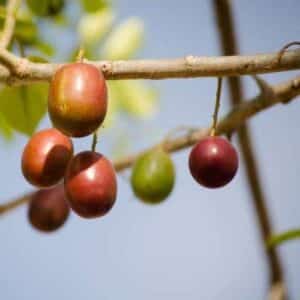
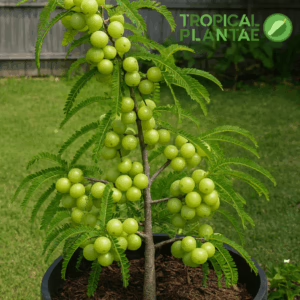
Ylang ylang (Cananga odorata) fragrance Tropical Live Tree 1’-2’ feet tall
$70.00 Original price was: $70.00.$49.99Current price is: $49.99.
Ylang Ylang, scientifically known as Cananga odorata, is a tropical tree native to Southeast Asia, particularly in the rainforests of Indonesia, Malaysia, and the Philippines. It is renowned for its highly fragrant flowers and is widely used in perfumery and aromatherapy.
Ylang Ylang trees are medium-sized evergreen trees that can grow up to 40 feet (12 meters) tall. They have glossy, dark green leaves and produce vibrant, star-shaped flowers that are pale yellow in color. The flowers emit a sweet and exotic fragrance that is often described as fruity, floral, and slightly spicy. The essential oil extracted from the flowers is highly valued for its calming and uplifting properties.
To care for Ylang Ylang, it requires a warm and humid tropical climate, with temperatures consistently above 60°F (15°C). It thrives in well-drained soil and prefers a sunny location. Regular watering is essential, especially during dry periods. Pruning is recommended to maintain a balanced shape and remove any dead or damaged branches.
When planting Ylang Ylang, it is best to start with a healthy seedling or young tree. Choose a well-draining soil mix enriched with organic matter. Dig a hole large enough to accommodate the root ball and place the tree at the same depth as it was in the container. Fill the hole with soil, gently firming it around the roots. Water thoroughly after planting and continue to water regularly to ensure proper establishment.
Interesting Fact: Ylang Ylang flowers have long been associated with romance and love. In many Southeast Asian cultures, the flowers are scattered on the bed of newlywed couples on their wedding night as a symbol of love and passion. The essential oil of Ylang Ylang is believed to have aphrodisiac properties and is often used in perfumes and massage oils for its sensual aroma.
In addition to its use in perfumery, Ylang Ylang has a rich history of traditional medicinal uses. It is believed to have calming and anti-anxiety effects, and the essential oil is used in aromatherapy to promote relaxation and reduce stress. The flowers are also used in herbal teas and infusions for their potential health benefits.
In conclusion, Ylang Ylang is a beautiful and aromatic tree that adds a touch of exotic elegance to tropical landscapes. Its fragrant flowers and essential oil have captivated people for centuries, and its therapeutic properties make it a valuable ingredient in perfumes and aromatherapy. With proper care and attention, Ylang Ylang can thrive and reward you with its mesmerizing fragrance and beauty.
Ylang Ylang, with its captivating fragrance and delicate flowers, holds a special place in the world of perfumery. It is a prized ingredient in high-end perfumes and fragrances due to its unique scent profile and ability to add depth and complexity to fragrance compositions. The essential oil derived from Ylang Ylang flowers is extracted through a process of steam distillation, yielding a precious oil that is highly valued for its aromatic properties.
In aromatherapy, Ylang Ylang essential oil is known for its calming and mood-enhancing effects. It is often used to promote relaxation, reduce stress, and uplift the spirits. The sweet and floral aroma of Ylang Ylang can help create a soothing and peaceful environment, making it a popular choice for diffusers, massage oils, and bath products.
Caring for a Ylang Ylang tree involves providing it with the right conditions to thrive. In addition to regular watering, it benefits from occasional fertilization to support healthy growth and flower production. Organic fertilizers or slow-release fertilizers formulated for flowering plants can be applied during the growing season. Mulching around the base of the tree helps retain moisture and suppress weed growth.
Pruning is another important aspect of Ylang Ylang care. It is recommended to prune the tree after flowering to remove any dead or diseased branches and maintain a balanced shape. Pruning also encourages air circulation and sunlight penetration, which can help prevent the development of fungal diseases.
Interestingly, Ylang Ylang flowers undergo an intriguing transformation in terms of fragrance as they age. The flowers are typically harvested early in the morning when the essential oil concentration is at its highest. At this stage, the fragrance is intense and floral, with hints of sweetness. As the flowers mature, their scent evolves, becoming deeper and more complex, often described as having a rich and creamy quality.
In traditional medicine, Ylang Ylang has been used for various purposes, including promoting healthy skin and hair. The essential oil is believed to have balancing properties for oily or dry skin, and it is often used in natural skincare products. It can be added to facial masks, serums, and hair treatments to enhance their effectiveness.
In conclusion, Ylang Ylang is a remarkable tree with captivating flowers and a fragrance that has captured the hearts of perfumers and aromatherapists around the world. Its exotic and soothing scent, along with its potential therapeutic benefits, make it a cherished botanical treasure. By providing proper care and attention, you can enjoy the beauty and aromatic allure of Ylang Ylang in your own garden or landscape.
| Weight | 10 oz |
|---|---|
| Dimensions | 22 × 4 × 4 in |
| Planting Bag + Soil |
Planting bag + Soil ,I have soil and container |
Related products
Vainilla (Vanilla planifolia) floral fragrance living plant
Moon Orchids (Phalaenopsis amabilis) live plant 12″ inches
Moso Bamboo (Phyllostachys edulis) big live plant
Phyllostachys edulis, commonly known as Moso Bamboo or Giant Timber Bamboo, is a remarkable bamboo species that has gained popularity for its impressive size, versatility, and various uses. If you’re considering adding this majestic bamboo variety to your garden or landscape, let’s delve into its description, care requirements, and its interesting attributes.
Interesting Fact: Moso Bamboo is not only known for its impressive size but also for its remarkable growth rate. It holds the Guinness World Record for being the fastest-growing plant on Earth. In optimal conditions, Moso Bamboo can grow up to 47 inches (120 centimeters) in a single day, which equates to nearly 2 inches (5 centimeters) per hour. This astonishing growth rate is attributed to its unique cellular structure and ability to absorb copious amounts of water and nutrients.

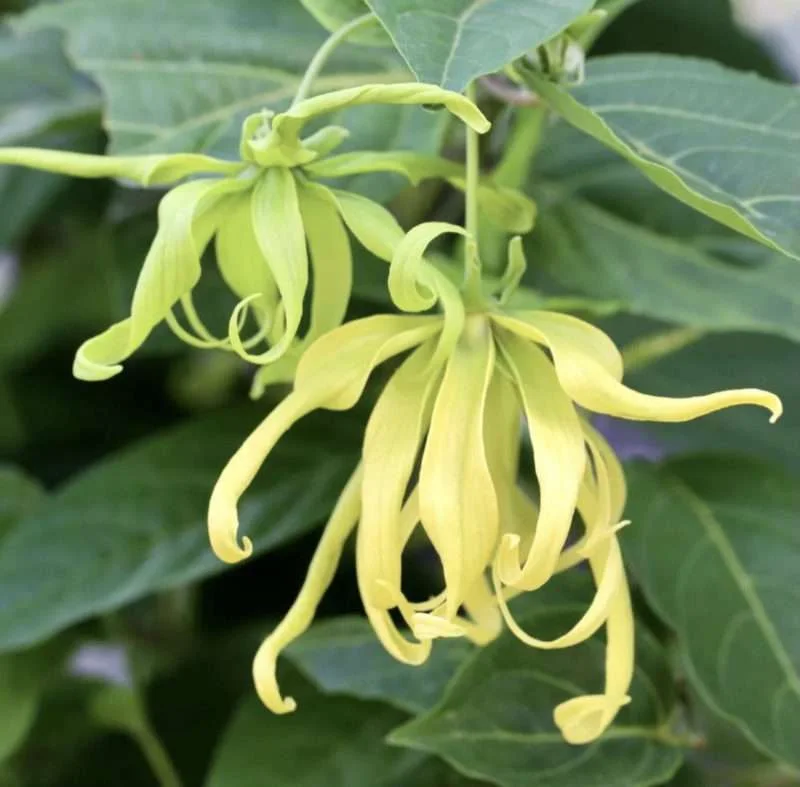
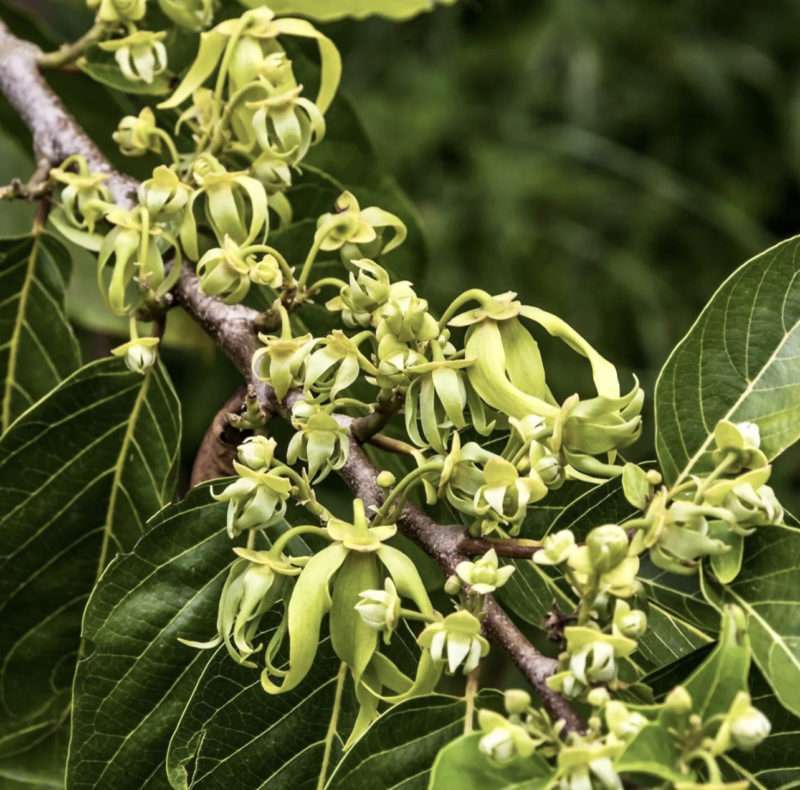
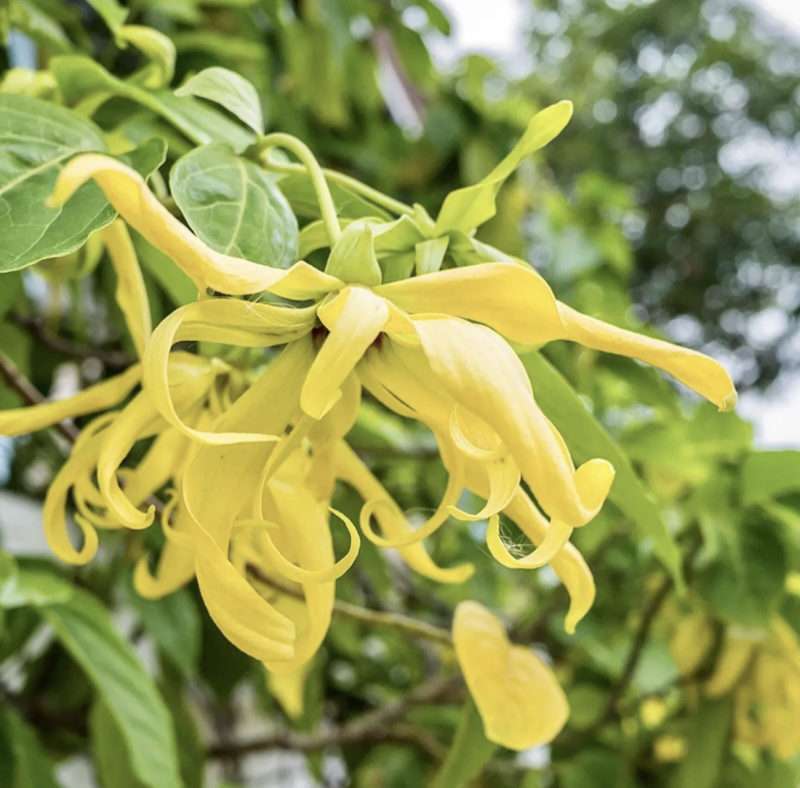
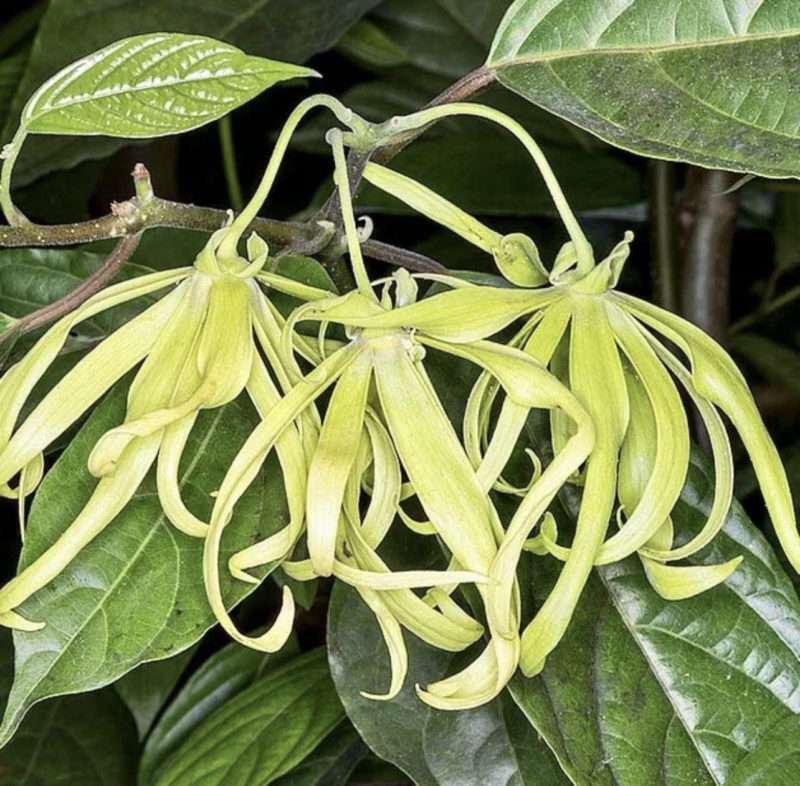
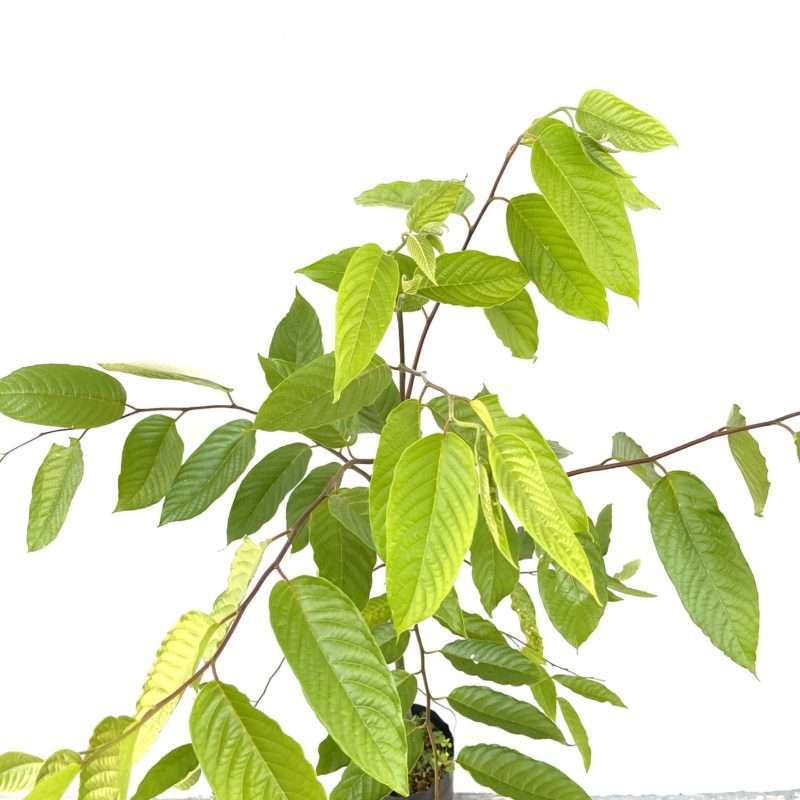
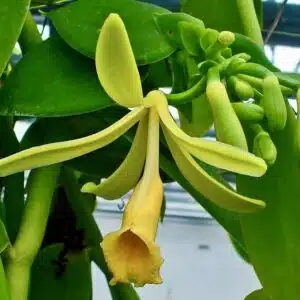
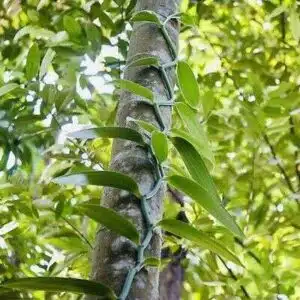
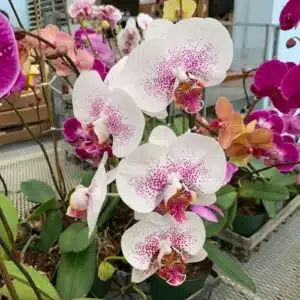
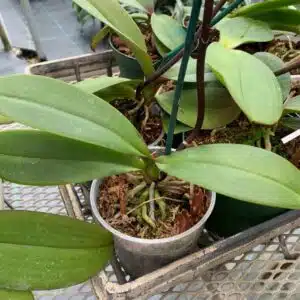
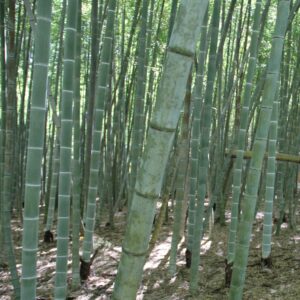
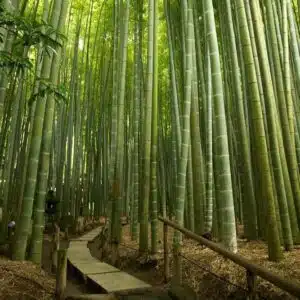
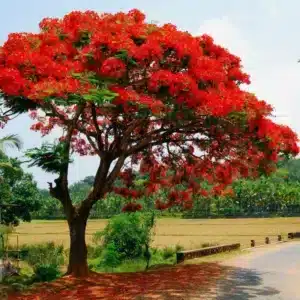
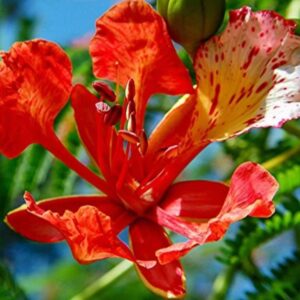
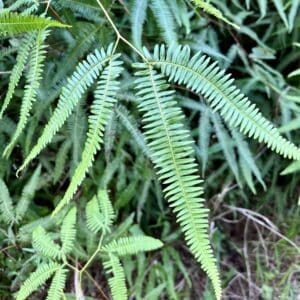
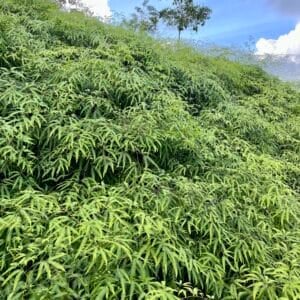
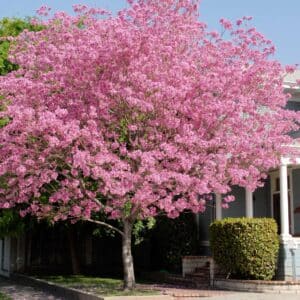
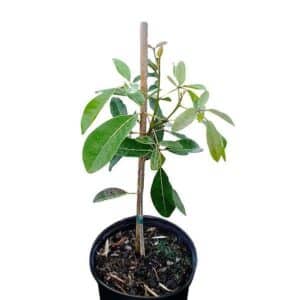
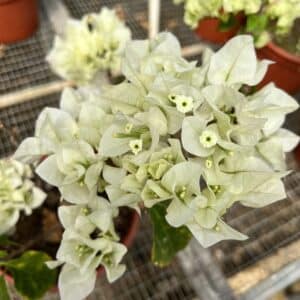
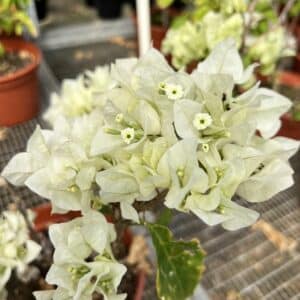
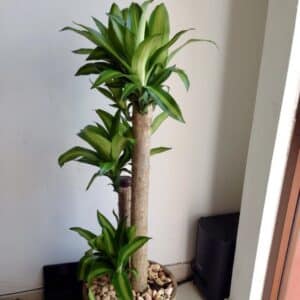
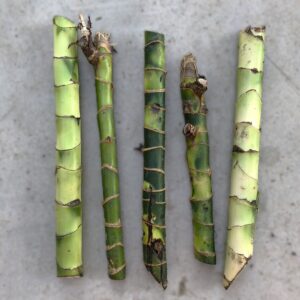
Reviews
There are no reviews yet.